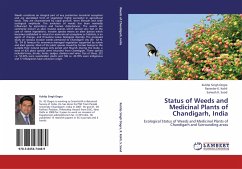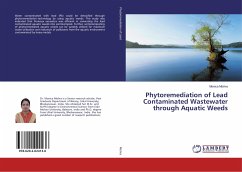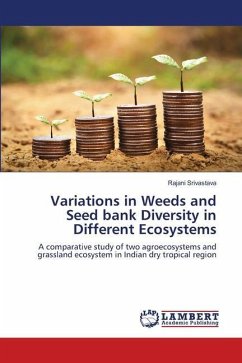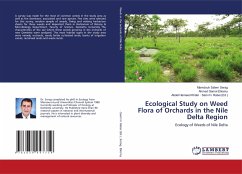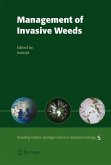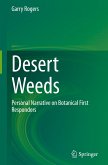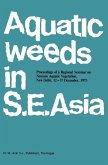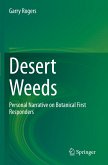Weeds constitute an integral part of any productive terrestrial ecosystem and are specialized form of vegetation highly successful in agricultural lands. They are characterized by rapid growth, short lifecycle and wide ecological amplitude. The evolution of weeds has been markedly influenced by agriculture and human disturbances. The weeds are commonly known as alien invasive species which spread very fast at the cost of native vegetations. Invasive species means an alien species which becomes established in natural or semi-natural ecosystems or habitats, is an agent of change, and threatens native biological diversity. The proposed study on noxious invasive weeds pertained to Chandigarh city (30 42' N, 76 54' E) famous for enormous managed vegetation supported by native and alien species. Most of the plant species moved by human beings to the outside their natural ranges only persist and flourish. During the study, a total of 425 plant species were recorded from Chandigarh. These species included trees, shrubs, herbs, sedges, climbers and vines. Out of these, 222 i.e. 52.24% were weeds/alien plants and 186 i.e. 43.76% were indigenous and 17 (4%)species have unknown origin.
Bitte wählen Sie Ihr Anliegen aus.
Rechnungen
Retourenschein anfordern
Bestellstatus
Storno

